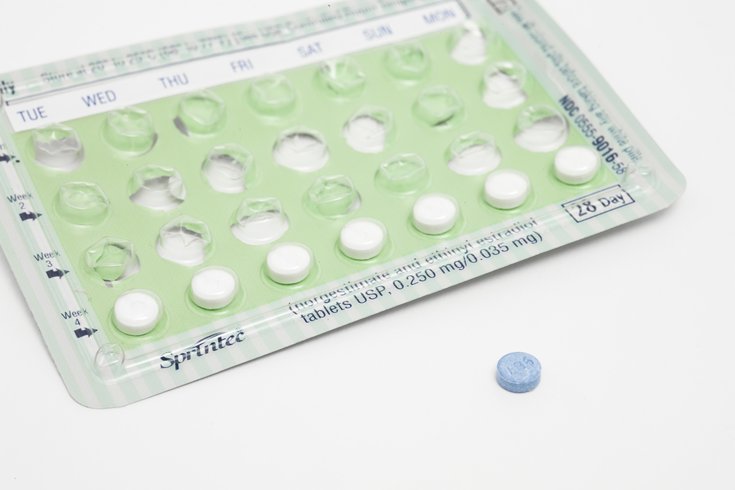
September 25, 2019
 Thought Catalog/Unsplash.com
Thought Catalog/Unsplash.com
Birth control prescription services are safe and efficient, according to a study published by the New England Journal of Medicine.
Birth control prescription services – a rapidly growing health care model – appear to be generally safe and efficient.
That was the key takeaway from an analysis of nine web-based and digital-app birth control services published Wednesday by the New England Journal of Medicine.
The study used secret shoppers to test the safety and efficiency of the services, which each provide oral contraceptives to patients in the United States.
"Many women are turning to these apps and websites for contraceptives, but not much was known about the process of using them or whether they're doing a good job of providing safe, appropriate care," said researcher Tara Jain, a student at Harvard Medical School. "We wanted to take a look to see how these vendors really work."
The study recruited volunteers to pose as patients seeking to purchase birth control online between October 2018 and last March. Some of them pretended to be taking other medications or have a medical condition that would prevent them from receiving oral contraception.
The volunteers made 63 online visits with the services, lasting between seven and eight minutes.
Secret shoppers who pretended to have contraindications generally received text messages, phone calls or video calls from prescribers to discuss their candidacy in more detail. The others had prescriptions sent to a local pharmacy for pickup or mailed directly to them.
Researchers found that the birth control services adhered to the Center for Disease Control and Prevention's prescribing guidelines 93 percent of the time. Such guidelines prevent patients with certain medical conditions from receiving birth control if it may pose safety or efficacy issues.
Secret shoppers pretending to have contraindications received prescriptions in three of 45 instances. But researchers said those three cases involved rare conditions that may be easily missed during an in-person visit, too.
The findings suggest that automated checklists likely used by the services ensure adherence and hold the potential to improve patient care.
"People aren't good at checklists, but computers are very good at checklists, said researcher Ateev Mehrotra, a health care policy professor at Harvard Medical School. "And for certain conditions and certain scenarios, checklists may greatly optimize performance."
Still, the researchers found that services failed to inform patients about other forms of birth control, including those that would require an in-person visit. None of them included questions in their screening checklists to guarantee patients could follow a daily pill regimen.
The study evaluated birth control services, similar online delivery models provide treatments for other conditions, including erectile dysfunction and hair loss.
"For most health conditions, a visit to the doctor remains essential," Mehrotra said. "But there are certain clinical scenarios for which this model appears to be overall safe and efficient."
The study was completed by researchers at Harvard Medical Center and University of California, Davis.